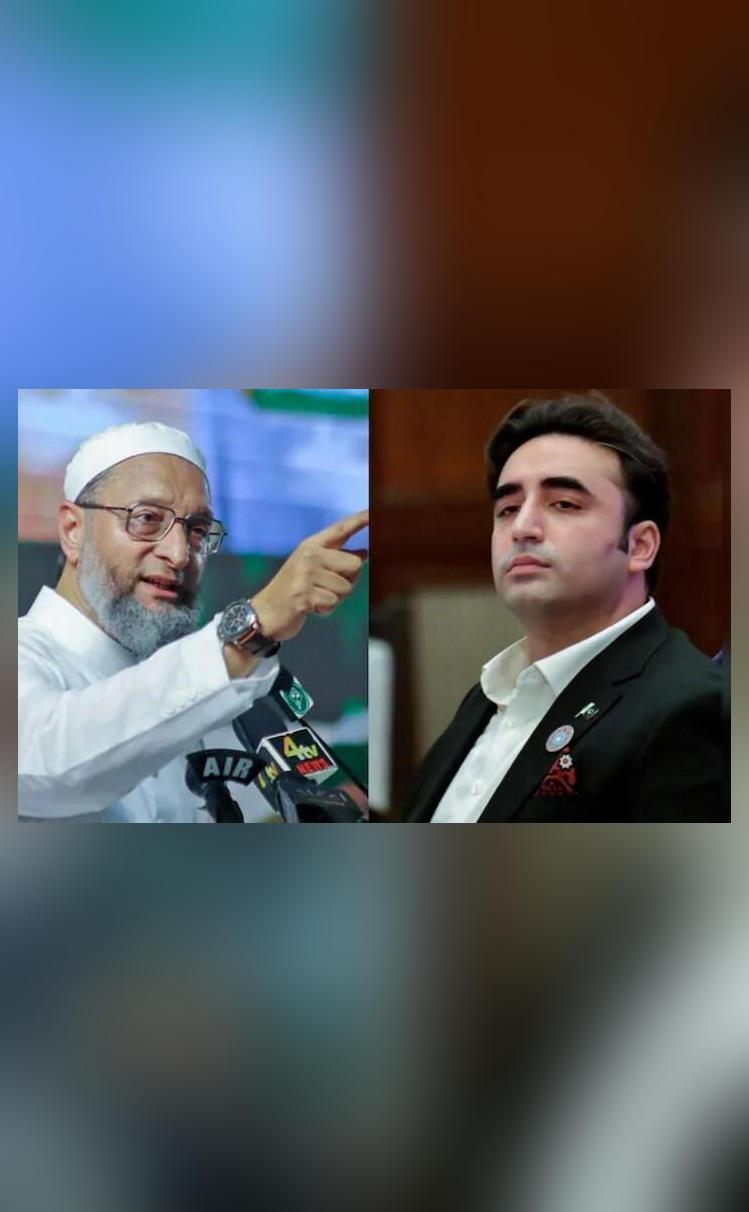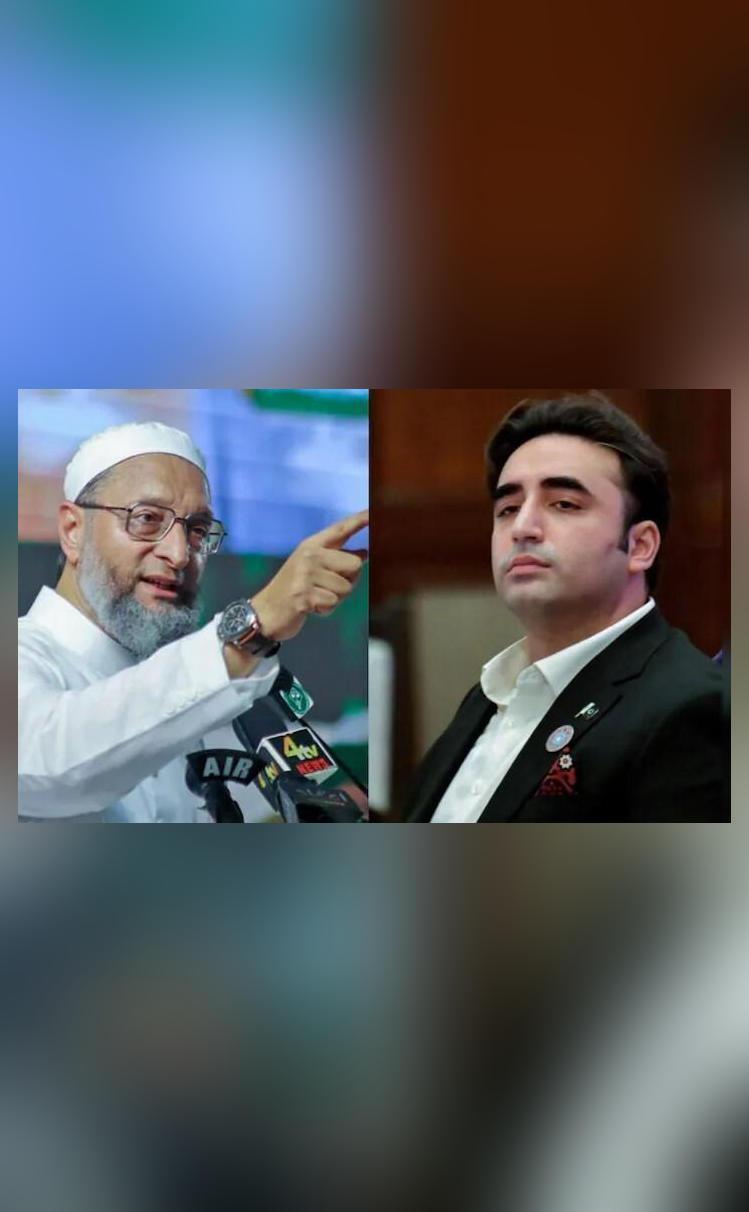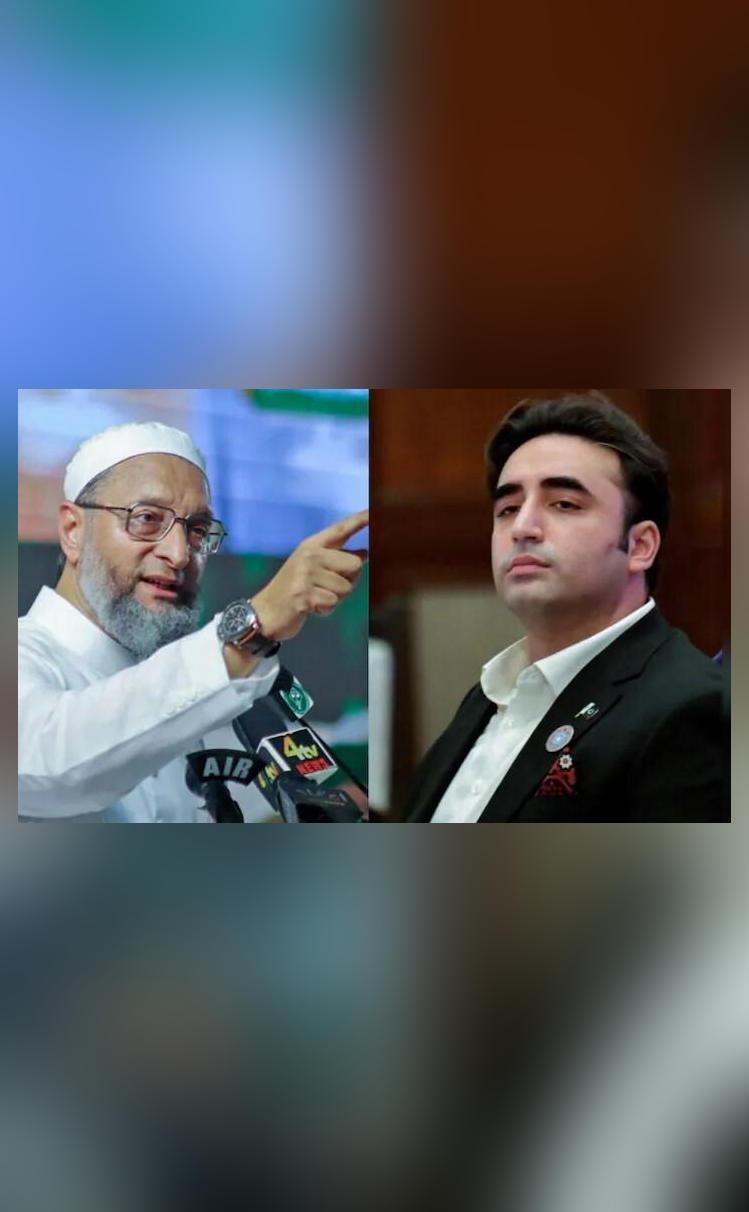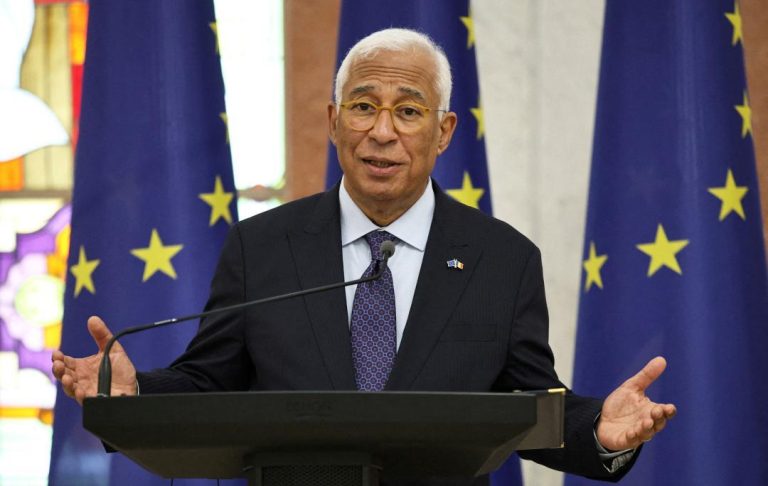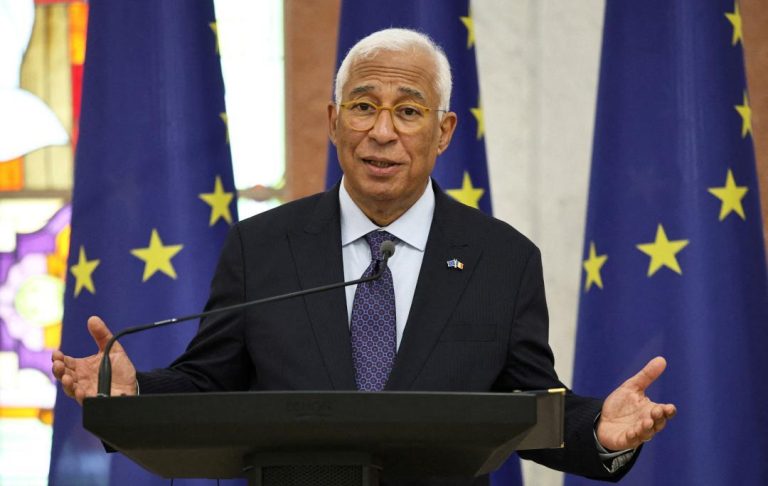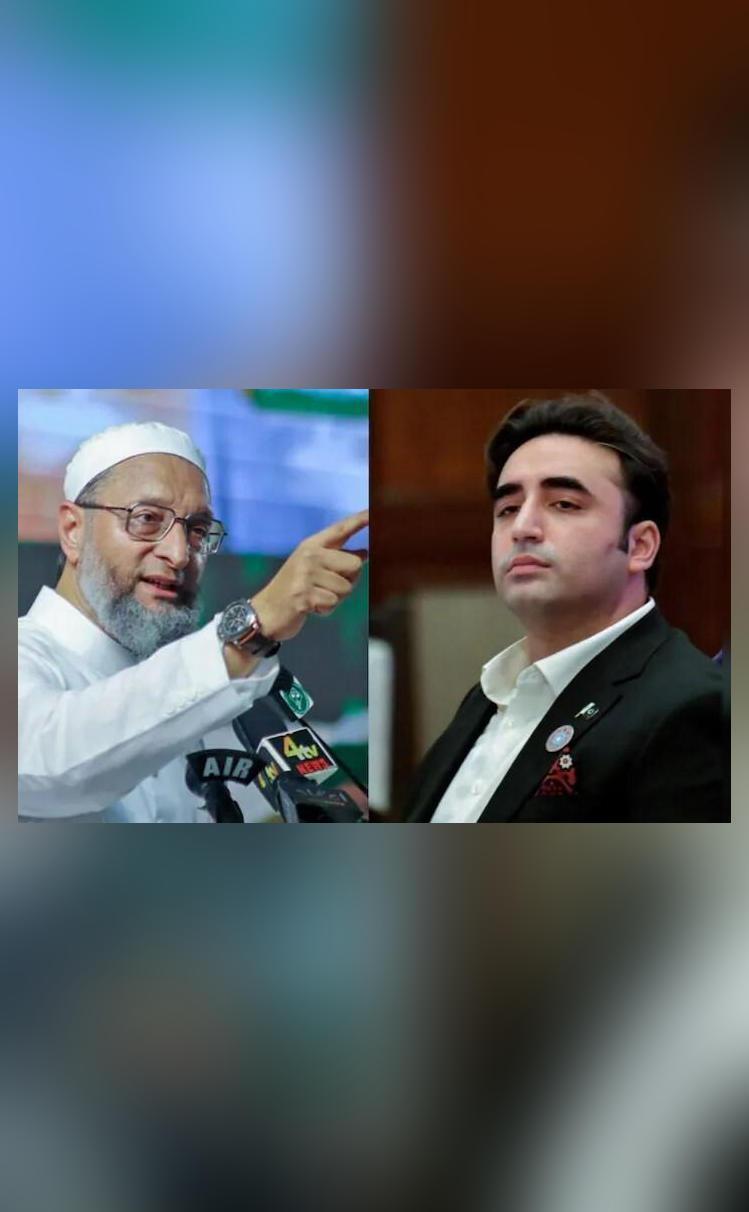
Title: You can’t run Pakistan without US help & you’re trying to stare us down: Owaisi to Bhutto
In a recent outburst, Pakistani politician Bilawal Bhutto threatened that “blood will flow” if the Indus Water Treaty is not respected, sending shockwaves across the Indo-Pak diplomatic scene. However, AIMIM chief Asaduddin Owaisi has responded to Bhutto’s fiery remarks, saying that Pakistan cannot run the country without American support and that Bhutto is trying to stare down India.
The Indus Water Treaty, signed in 1960, allocates the waters of the Indus, Jhelum, and Chenab rivers between India and Pakistan. The treaty has been a subject of contention in recent years, with Pakistan accusing India of violating the agreement by constructing dams and canals that allegedly restrict the flow of water to Pakistan.
Bilawal Bhutto’s remarks came in the context of the Pahalgam attack, in which a group of terrorists attacked a tourist bus, killing several people. Bhutto’s mother, Benazir Bhutto, was assassinated in 2007, and he has long been critical of Pakistan’s failure to tackle terrorism.
Owaisi, in his response, took a swipe at Bhutto’s remarks, saying, “Unless the US gives you something, you cannot run the country, and you’re trying to stare us down. Terrorist killed your mother… If he doesn’t get that, what will you explain to him?”
Owaisi’s comments are a stark reminder of the reality that Pakistan’s economy and military are heavily reliant on American aid. The US has been a major provider of financial and military assistance to Pakistan, with the country receiving billions of dollars in aid each year. However, this aid has often been conditional on Pakistan taking specific actions, such as cracking down on terrorist groups.
Pakistan’s dependence on American aid has been a subject of controversy in recent years, with many questioning the value of the aid given the country’s poor human rights record and its failure to tackle terrorism. The US has also been critical of Pakistan’s failure to take action against terrorist groups, particularly the Haqqani network, which has been responsible for numerous attacks on American and NATO forces in Afghanistan.
Owaisi’s comments also highlight the complex relationship between India and Pakistan. The two countries have a long history of conflict, with several wars being fought over issues such as Kashmir and the Indus Water Treaty. However, in recent years, there have been attempts to normalize relations, with the two countries engaging in talks and taking steps to reduce tensions.
Despite these efforts, tensions between the two countries remain high, with issues such as the Indus Water Treaty and terrorism continuing to be a source of contention. The Pahalgam attack has highlighted the risks and challenges posed by terrorism, and it is unclear whether the two countries can make progress on these issues in the near future.
In conclusion, Owaisi’s comments are a stark reminder of the reality that Pakistan’s economy and military are heavily reliant on American aid. The US has been a major provider of financial and military assistance to Pakistan, with the country receiving billions of dollars in aid each year. However, this aid has often been conditional on Pakistan taking specific actions, such as cracking down on terrorist groups.
The Indus Water Treaty is a complex issue that has been a subject of contention in recent years, with both India and Pakistan accusing each other of violating the agreement. The Pahalgam attack has highlighted the risks and challenges posed by terrorism, and it is unclear whether the two countries can make progress on these issues in the near future.
